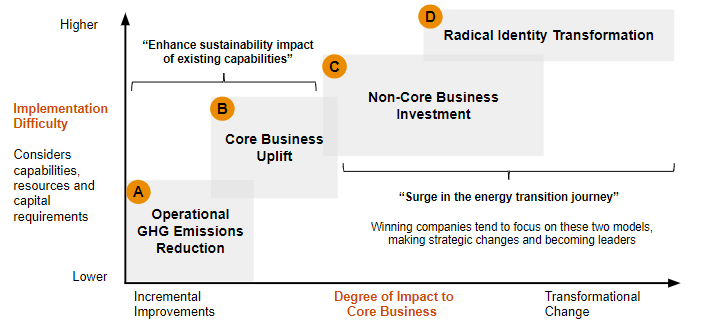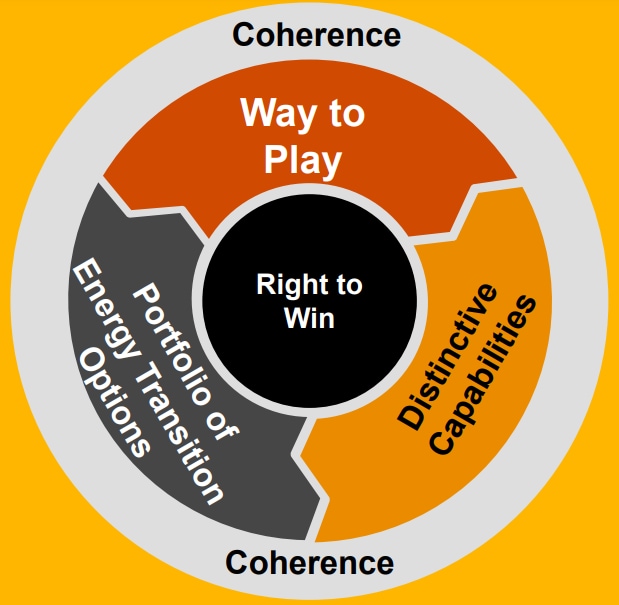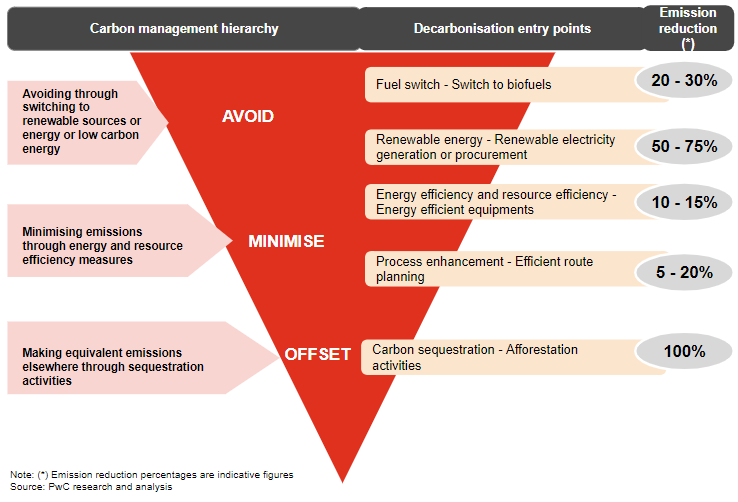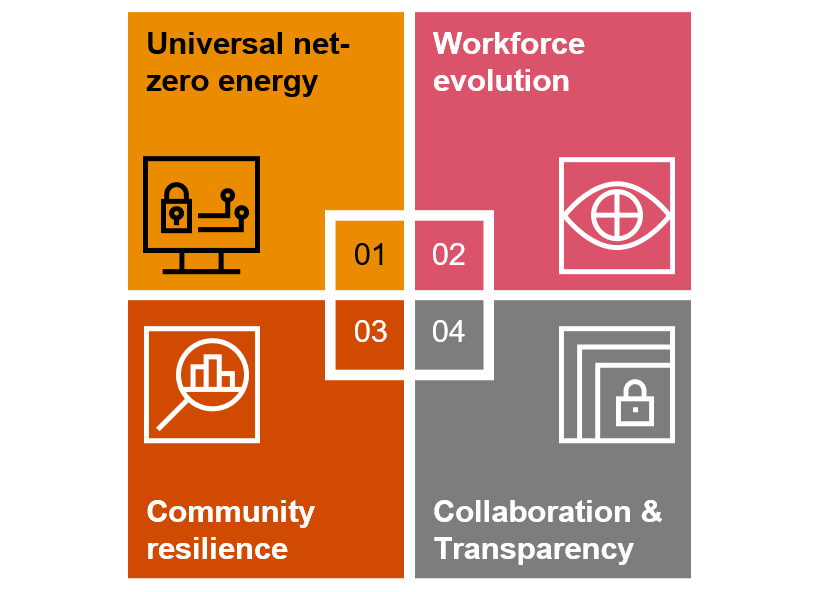Sustainability Transformation Models
Evolving Sustainability Transformation Models from incremental to transformational
Although current changes in Viet Nam have been largely incremental, the widespread adoption of renewable and smart energy technologies, fuelled by the pace of innovation, may pave the way for businesses to embrace more radical transformation.
Implementation difficulty is the main challenge hindering businesses in adopting radical transformation models. When assessing these strategy models, it is important to consider the Viet Nam context at hand to execute effectively, including but not limited to:
Capabilities-Driven Strategy
Leveraging the Capabilities-Driven Strategy framework to address implementation challenges
A framework that makes energy transition doable, affordable and profitable.
Capabilities-Driven Strategy helps to align strategic aspirations in energy transition with the unique capabilities of each company. This helps companies to achieve sustainable success in energy transition by growing in a way that fits their capabilities system and value proposition.
Tangible actions and initiatives
Identifying tangible actions and initiatives
There are multiple options for energy transition. By categorising them into distinct levels within the carbon management hierarchy, businesses can easily identify the suitable options.
A structured overview of options can facilitate coherent choices across business units. This overview should take into account different business units (if heterogeneous), including a high-level description of the strategic option, a description of likely impacts, and a time dimension to facilitate the development of a strategic story.
A just and sustainable transition
Navigating the path for a just and sustainable energy transition
A just transition refers to achieving net zero targets while considering the social and economic impacts on individuals, workforces and communities.
The Vietnamese government commitment in Just Energy Transition Partnership (JETP) demands a Just Energy Transition approach from businesses, to balance the environmental impact with commercial feasibility and the impact to all stakeholders while transitioning towards net zero.













